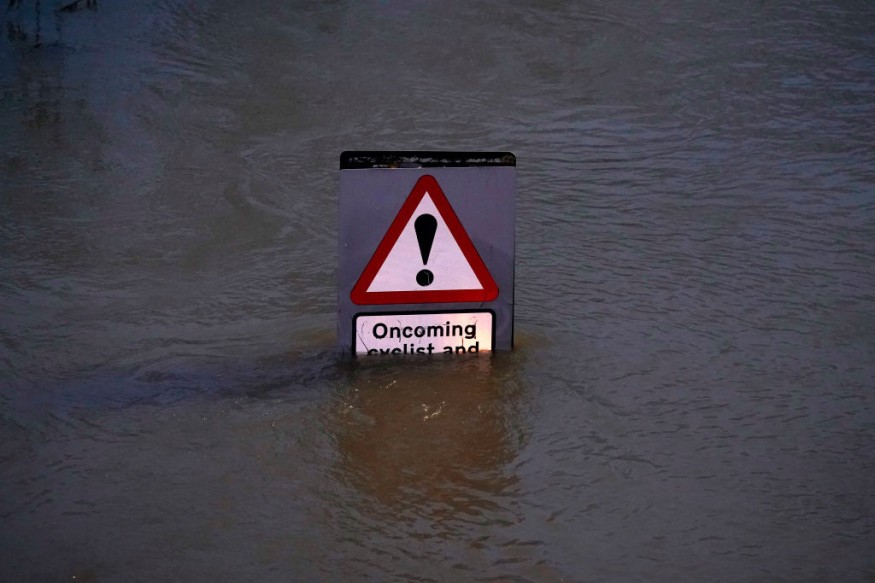
UK wildlife groups are "absolutely furious" to hear about the government's new plan for investment zones across the country.
Although Levelling Up Secretary Simon Clarke has insisted the zones are not a developers' charter, millions of charity members said that the development is an "unprecedented attack on nature", according to the BBC News.
Wildlife groups that remained unconvinced include the Royal Society for the Protection of Birds (RSPB) charity and National Trust and Shropshire Wildlife Trust.
The government's investment zones allow "consent-driven" business development that conservation groups think would bring repercussions if environmental protections are relaxed.
RSPB operations director Jeff Knott said that the government is trashing environmental protections as habitats are removed its basic protection rights, and farming subsidies have changed.
"We're absolutely furious about this," he said. "We've seen the announcement of so-called investment zones where there are vague plans to remove environmental protections and allow pretty much anything to be built anywhere - they sound much more like destruction zones than investment zones to us."
Voice for Nature
RSPB England is among other wildlife groups saying that the government is tearing up the remaining legal protections the wildlife has.
The National Trust supported the organization on Twitter and said they are working with other nature charities and supporters to defend important protections for nature long into the future.
Nature is basically being attacked in the most unprecedented way and they are there to be its voice.
The "ridiculous proposals" received more backlash from supporters and even sparked fears that flooding in Shropshire will worsen.
Read also: Naracoorte Caves: World's Best Fossil Sites Located in Australia Dating Back to 500,000 Years Ago
Flooding and Farming Fears
As previously reported, Shropshire had some of the worst flooding in the country earlier this year, and campaigners said they could be particularly badly hit by any planning relaxations.
Five West Midlands councils are already being shortlisted, with further applications still being invited by the government.
Shropshire environmental campaigner Christian Dunn, who works for the University of Bangor's School of Natural Sciences, said that removing planning rules for protection in the area from flooding and water pollution will result in serious consequences.
"That means we could potentially see buildings being built where they would not have been allowed before because of concerns for the natural world," he said, adding that more concrete and less land for rainwater to be absorbed will increase the chances of flooding.
Moreover, building more houses with inadequate drainage systems will pollute rivers and seas, making all matters worse.
In reference to what the former prime minister Boris Johnson said last year, UK's economy is completely embedded in each other, and a strong economy requires looking after nature, which is why the government plans were "bad news" for rural and predominantly agricultural areas, such as Shropshire, as per Shropshire Wildlife Trust CEO, Richard Grindle.
Farming is believed to be greatly affected when these plans do happen, and will harm food security.
More importantly, farmers who manage and look after the future generations of the land are prevented from doing the right thing because of the farming system of subsidies, protections and rules.
Related article : More Than Half of a Thousand Palm Tree Species at Risk of Extinction
© 2026 NatureWorldNews.com All rights reserved. Do not reproduce without permission.





